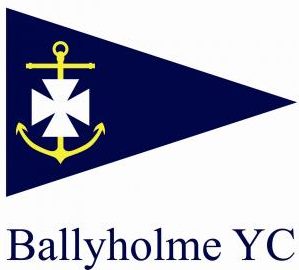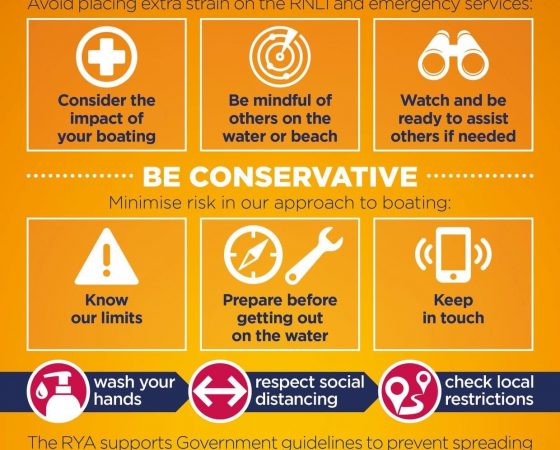Click dates below to book:
Thursday 16th & Friday 17th July
Saturday 18th & Sunday 19th July
Monday 20th – Wednesday 22nd July
Thursday 23rd & Friday 24th July
All members must use the booking system if planning to go on the water from BYC. The booking system is an important part of the club being able to return to the water as it allows us to manage numbers and provides track & trace records if required.
We would remind you again that the group numbers are restricted to 10 in each boat park/slipway and rigging boxes have been marked out. Social distancing must be maintained at all times. We will review after the weekend and may have to make changes to stagger start times to ensure compliance with Government restrictions.
Please note double handed boats can only be sailed by crew from the same household and the guidance on shared hard surfaces remains unchanged.
SAFETY BOAT COVER WILL NOT BE AVAILABLE

